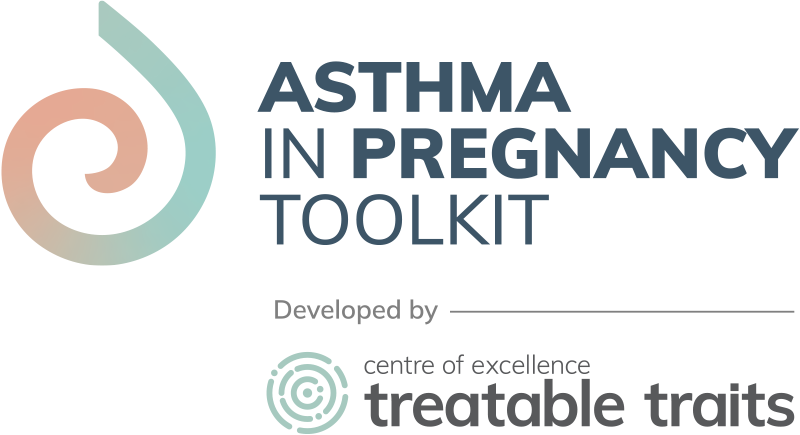Key messages
- Heartburn or reflux symptoms can be troublesome during pregnancy and effective treatment is important for the mother to eat well and maintain good nutritional status.
- A significant association exists between asthma and reflux symptoms in adults – however clinical evidence does not support the use of reflux medication for the purpose of improving asthma symptoms.
- When lifestyle changes are insufficient to control symptoms, reflux medications can be used without significant risk to the mother or fetus.
Mechanism
A number of medications including antacids, histamine 2 receptor antagonists and proton pump inhibitors (PPI) are used to treat persistent or severe gastroesophageal reflux symptoms during pregnancy. Antacids contain alkaline properties that neutralise gastric acid and some also inhibit pepsin to reduce or prevent damage to mucosal lining in the esophagus and stomach and relieve discomfort. Histamine antagonists compete for binding with histamine H2 receptors on gastric parietal cells thereby reducing histamine-driven gastric acid secretion. PPI offers more potent suppression of gastric acid secretions through irreversible inhibition of the hydrogen-potassium pump on the luminal surface of gastric parietal cell.
Indications
Gastroesophageal reflux (GORD/GERD) or heartburn affects up to 80% of pregnant woman as a result of hormonal changes affecting the oesophageal sphincter during the first trimester and compressive effect on the stomach towards the third trimester (Broussard & Richter 1998).
Gastroesophageal reflux is estimated to affect 39-89% of women with asthma (Harding & Richter 1997, Campo et al. 1997). Medications may be recommended if the reflux symptoms are not adequately controlled by lifestyle and dietary modifications. However people with asthma should not be advised that medications for reflux will improve asthma control, due to current lack of clinical evidence (Australian Asthma Handbook).
Antacids, preferably calcium based, are first line pharmacotherapy when used at the recommended dosage. If symptoms persists and are severe, histamine antagonists or PPI may also be considered.
Evidence for safety relating to fecundity, pregnancy and breastfeeding
While lacking evidence from randomised controlled trials, the available evidence suggests the use the range of reflux medications are generally considered safe before and during pregnancy for both the mother and the fetus. While published studies have not shown definitive risk for histamine antagonists in general, ranitidine was noted to contain NMDA, an impurity that may increase a person’s cancer risk with prolonged exposure (FDA 2019). As such, alternatives to ranitidine within the same class of therapy are preferred.
The use of PPI during pregnancy is not associated with an elevated risk of spontaneous miscarriage, perinatal mortality and morbidity and major congenital birth defects (Matok et al. 2012).
Overall, reflux medications are safe during lactation with very low levels in breastmilk and are considered acceptable for breastfeeding.

